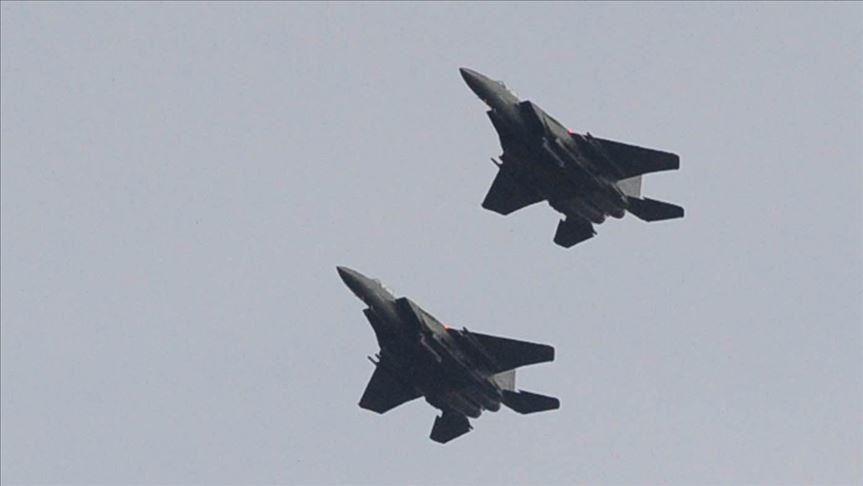A joint patrol of Chinese and Russian bombers over disputed territory off the coast of South Korea and Japan was a massive breakthrough in their efforts to challenge U.S. influence in the region as both Tokyo and Seoul are Washington’s close allies. The move was indeed a bold one, which bothered the region’s two main U.S. allies, simultaneously.
The joint patrol caused by Russian and Chinese bombers triggered rage in the region after both Tokyo and Seoul claimed a Russian plane breached into their airspace.
Seoul claimed a Russian warplane violated South Korean airspace near the disputed Dokdo islands. South Korea said its jets fired flares and warning shots when the Russian plane intruded. It scrambled F-15 and F-16 planes to intercept it. Japan also said it scrambled fighter jets in response.
China and Russia have been growing close ties since long and have conducted several joint military exercises, but this recent joint patrol possesses rich political importance for occurring over the disputed territory of Dokdo islands which are a source of a heated diplomatic spat between Japan and South Korea, amid tensions after getting clutched in a Trade war.
Ahn Chan-il, a researcher in Seoul, regarded the violation of the disputed airspace as “deliberate”.
“China and Russia are seeking to counterbalance Washington when it comes to North Korea’s nuclear issues,” he said.
“(They) are causing trouble in order to gain dominance in the region by provoking Washington’s two key allies,” he added.
Both Moscow and Beijing have denied that their planned patrol targeted any country or involved violation of disputed airspace. Adam Ni, the Chinese researcher at Macquarie University in Sydney, said it was also notable that the bombers involved in the violation are two Chinese H-6Ks and two Russian Tu95s, which are able to carry nuclear weapons, “so it’s sending an additional message”.

